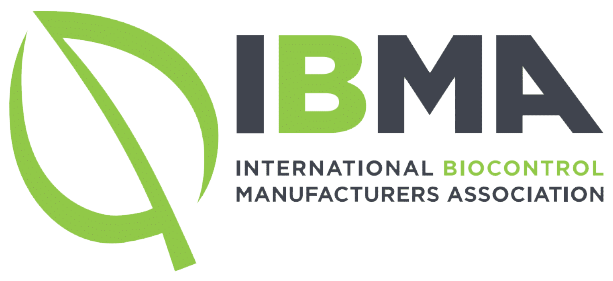“They keep banning pesticides but where are the alternatives? I need something.”
Reni Todorova, Arable Farmer & President of the Northwest Agrarian Union speaking at the EU Agri Food Days, December 2024, Brussels.
The call for action is loud and clear. Farmers have to deal with pests and disease. Biocontrol offers effective, nature-based solutions to do so. Farmers need more biocontrol in their toolbox as chemical pesticides are being phased out. To make this happen, Europe needs a biocontrol definition and targeted changes to 1107 in the scope of the Biotech Act, as well as a new fit-for-purpose biocontrol regulation as called for in the Strategic Dialogue. Christophe Hansen, European Commissioner for Agriculture and Food is mandated to launch a Vision for Food and Agriculture in February 2024, and we call on him to include measures to accelerate the uptake of biocontrol.
Working with nature, biocontrol solutions effectively and sustainably manage pest and disease ensuring farms are profitable and productive. Globally, biocontrol is the most rapidly growing crop protection segment, but Europe’s biocontrol industry is at a competitive disadvantage because of inconsistent and restrictive regulations.
Right now, biocontrol is regulated under the EU Plant Protection Products (PPPs) Regulation (EC) No 1107/2009, together with chemical pesticides. This means when new solutions are submitted for approval, they are subject to the same process as chemical pesticides. Having a biocontrol definition could change this because biocontrol solutions would be recognized as a group of products distinct from chemical pesticides, that could then be treated separately, while still emphasizing the need for a robust and scientifically appropriate risk assessment.
In fact, the European Union probably has the most complex framework in the world with the longest authorisation timelines for biocontrol products that leaves farmers waiting up to 10 years for new products compared to 2 – 3 years in other global jurisdictions. What’s more, this process is wasting everyone’s time and resources which could be better invested in attracting the next generation of farmers and equipping them with the tools they need for the future of food and farming.
At the same time, the EU President’s political guidelines highlight the need to “make business easier and deepen our Single Market to help innovative companies grow” while Draghi states that “innovative companies that want to scale up in Europe are hindered at every stage by inconsistent and restrictive regulations.”
An IBMA study from 2023 shows that there is a consolidated pipeline of biocontrol – 129 biocontrol substances, of which 75 are new biocontrol substances- for EU submission between 2023-28, but if the current regulatory framework does not change, these submissions will not reach the market until 2033-2038. In the meantime, EU farmers are losing active substances and have fewer products available to control pests and diseases.
Farmers need biocontrol now
We therefore need a combination of immediate solutions to address the most serious bottlenecks in the current system as well as a fundamental rethink of the regulatory system for biocontrol to ensure Europe can reclaim a position of global leadership combining a thorough safety review with an effective evaluation process that is fit for purpose.
 Square de Meeûs 35, 1000 Bruxelles
Square de Meeûs 35, 1000 Bruxelles